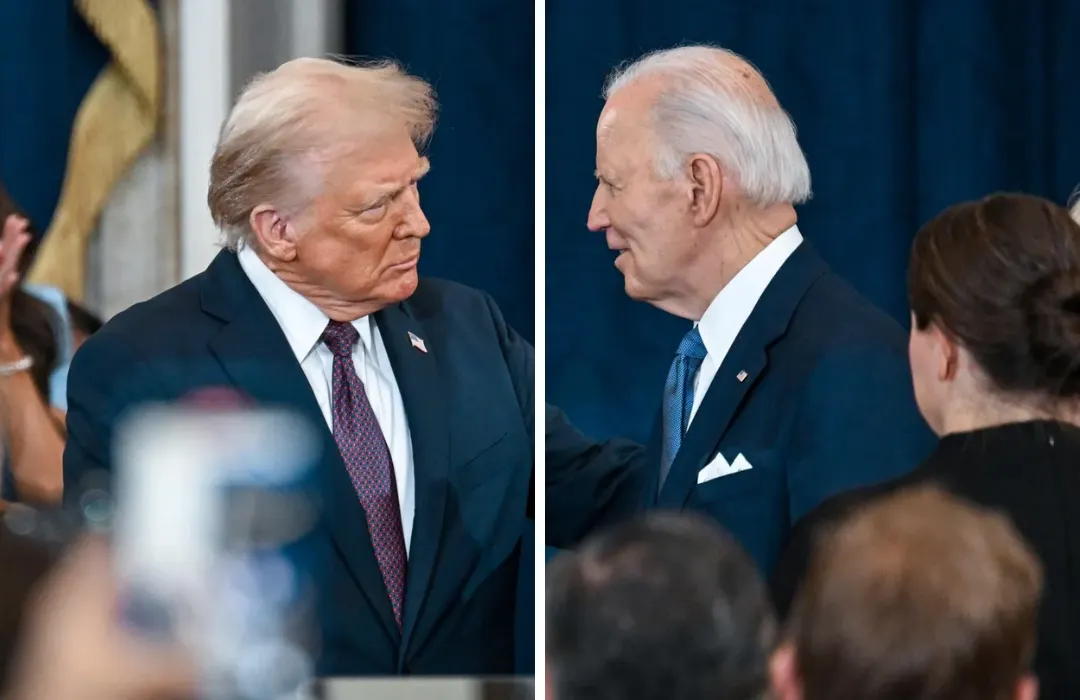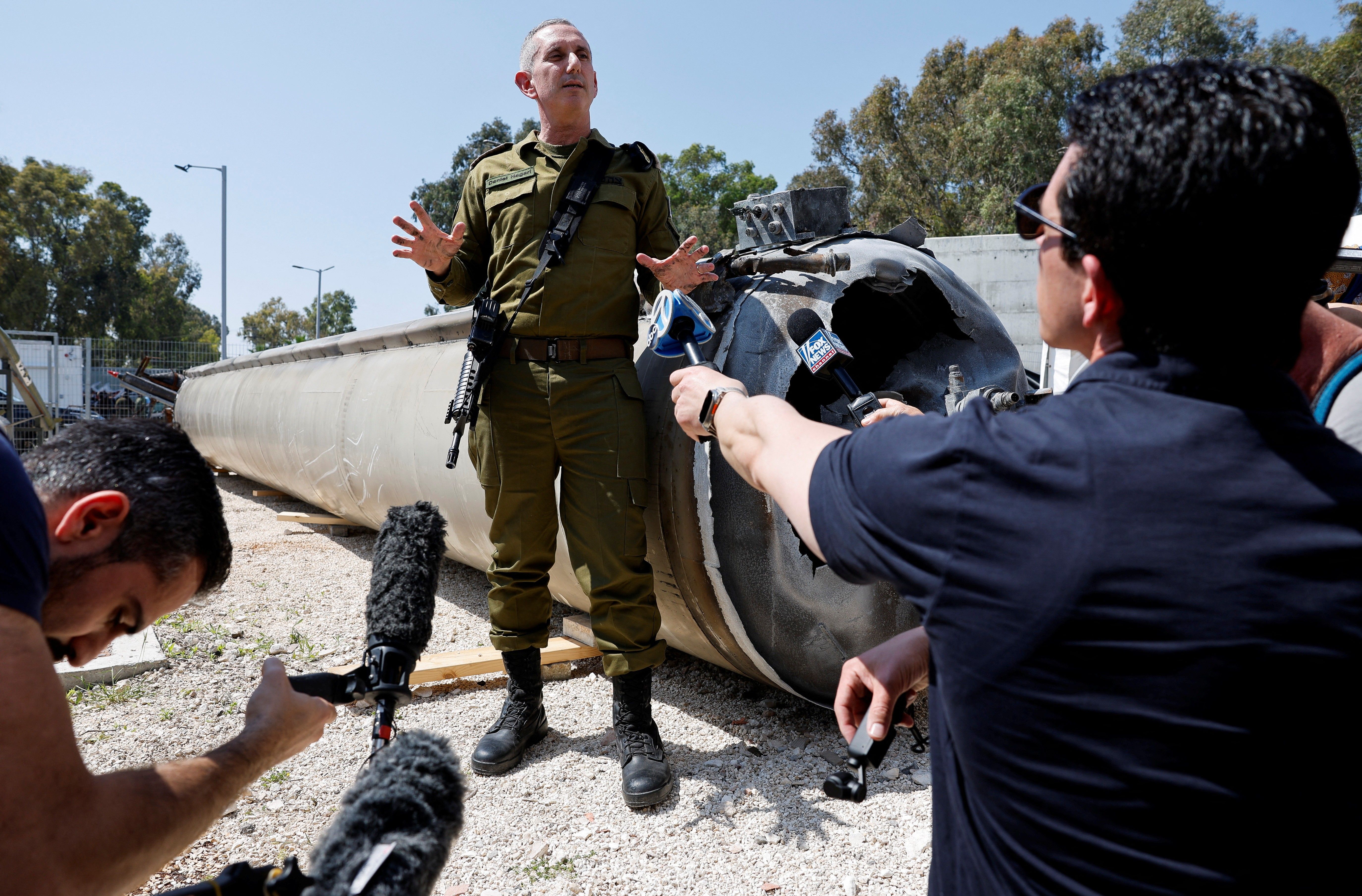
The United States has made it clear that it was not involved in the Israeli airstrikes on Iranian soil, which targeted the country’s nuclear and military facilities.
This statement came from Secretary of State Marco Rubio on Thursday evening, highlighting the U.S. position as one of non-involvement in the conflict between the two Middle Eastern powers.
Rubio emphasized that the U.S. was prioritizing the protection of its forces in the region, reflecting the administration's ongoing efforts to distance itself from the military actions of its ally, Israel.
The airstrikes, which were launched by Israel late on Thursday night, marked a significant escalation in tensions between the two countries. While details regarding the exact targets of the attacks remain sparse, it was confirmed that Israeli forces had struck several sites that were critical to Iran’s nuclear weapons program.
This attack is considered a unilateral move by Israel, with no direct involvement from the United States. In his statement, Rubio stressed that Israel had taken this step in what they believed was an act of self-defense, with Israel advising the U.S. government of their plans in advance.
Israel’s decision to carry out the strikes in Iran came as part of an ongoing concern over Iran's nuclear ambitions. The Israeli government has repeatedly warned that Iran’s pursuit of nuclear weapons poses an existential threat to Israel.
The strikes are said to have targeted multiple Iranian nuclear sites, as well as other military installations. It is also understood that the strike was designed to preemptively disable Iran’s nuclear capabilities before they can become a more significant threat.
While the situation is still developing, it is clear that the Trump administration has worked diligently to protect U.S. interests in the region. Marco Rubio reiterated that the top priority for the U.S. is the safety and protection of American personnel in the region.

"Let me be clear," Rubio added, "Iran should not target U.S. interests or personnel." The statement from the U.S. government is an attempt to maintain a careful distance from the Israeli attack, which could have escalated into a broader conflict with Iran.
It is also significant that the timing of these Israeli airstrikes comes amid delicate negotiations between the Trump administration and Iran over a potential nuclear deal.
The administration had been working for weeks to reach a breakthrough in nuclear talks with Tehran, but the attack in Iran has thrown a wrench into the diplomatic process.
President Trump had, just hours before the strikes, cautioned that an Israeli attack on Iranian sites could jeopardize the ongoing nuclear negotiations. The president, who has had a long history of involvement in the Middle East, expressed concerns that such an attack would “blow” the ongoing talks.
Trump has made it clear in past statements that he believes in maintaining diplomatic relations with Iran, provided they are willing to come to the negotiating table.
During a press conference earlier, President Trump discussed his approach to the nuclear talks, acknowledging that while he was optimistic about the potential for a deal, there were still significant obstacles.
“As long as I think there is an agreement, I don’t want them going in because I think that would blow it,” Trump said, referring to the potential Israeli military action.
"Might help it, actually. But also could blow it," he added, signaling his ambivalence about the risks involved in the ongoing diplomatic process.
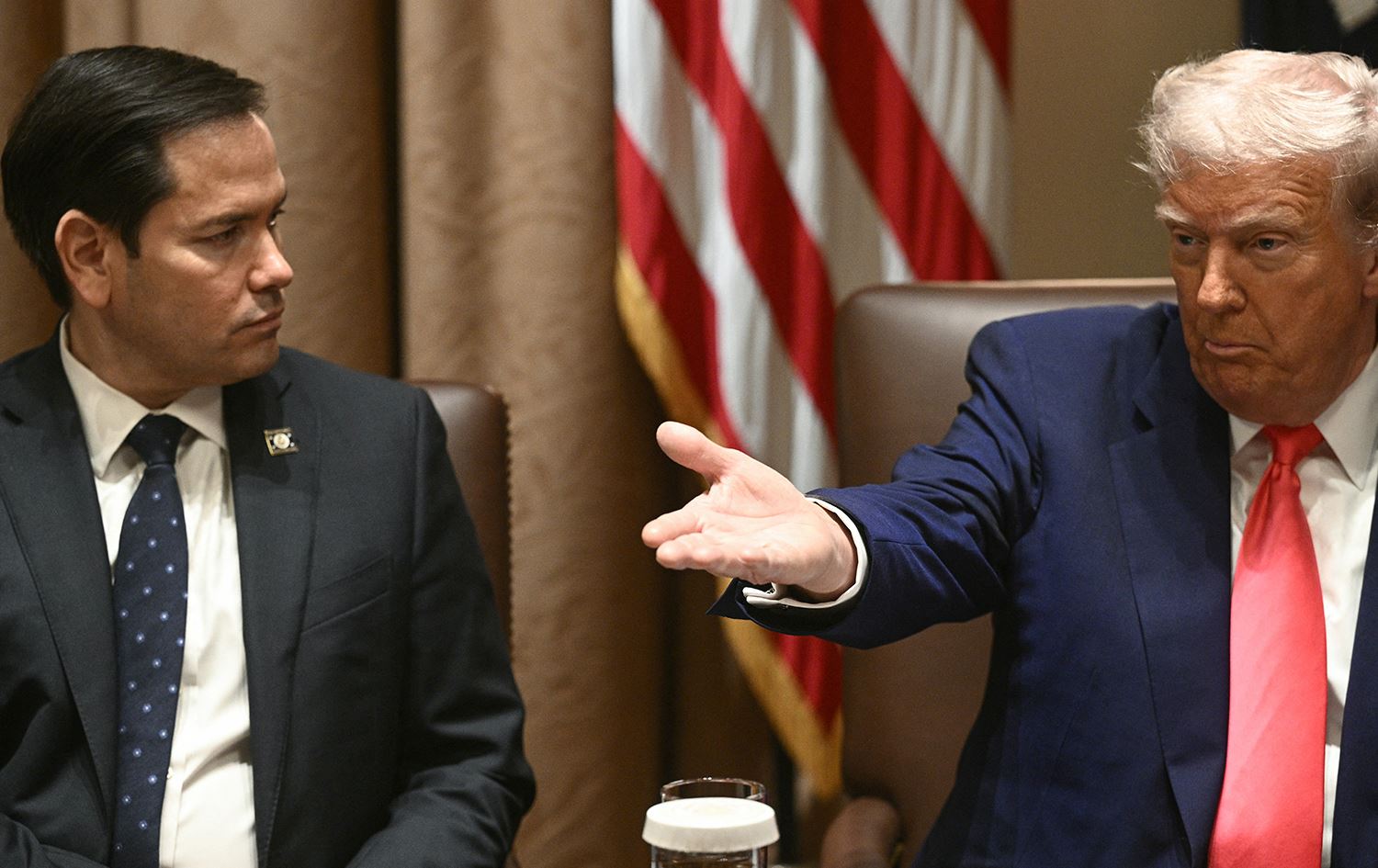
In an interview from several weeks ago, Trump admitted that he had personally warned Israeli Prime Minister Benjamin Netanyahu against taking any action that could derail the nuclear talks with Iran.
“Well, I’d like to be honest. Yes, I did,” Trump stated when asked if he had advised Netanyahu to hold off on any military actions against Iran.
This admission reflects the careful balancing act that the Trump administration has had to perform in managing its relationship with Israel, a key ally, while also pursuing a diplomatic resolution with Iran.
Despite the efforts of President Trump and his administration to remain neutral in this conflict, the Israeli airstrikes represent a significant escalation of tensions in the region.
While the U.S. may not have directly participated in the attack, the international fallout from the Israeli operation is likely to have far-reaching consequences.
The strike may strain the relationship between the U.S. and Iran even further, and it remains to be seen whether these events will derail the potential for a nuclear deal.
Israel has long expressed its concerns about Iran's nuclear capabilities, viewing them as an existential threat to the Jewish state. The country’s leadership has consistently warned that Iran’s nuclear program could pave the way for the regime to develop weapons of mass destruction.
This is why Israel has repeatedly stated that it will take whatever action is necessary to protect its citizens and ensure that Iran does not achieve nuclear capabilities.
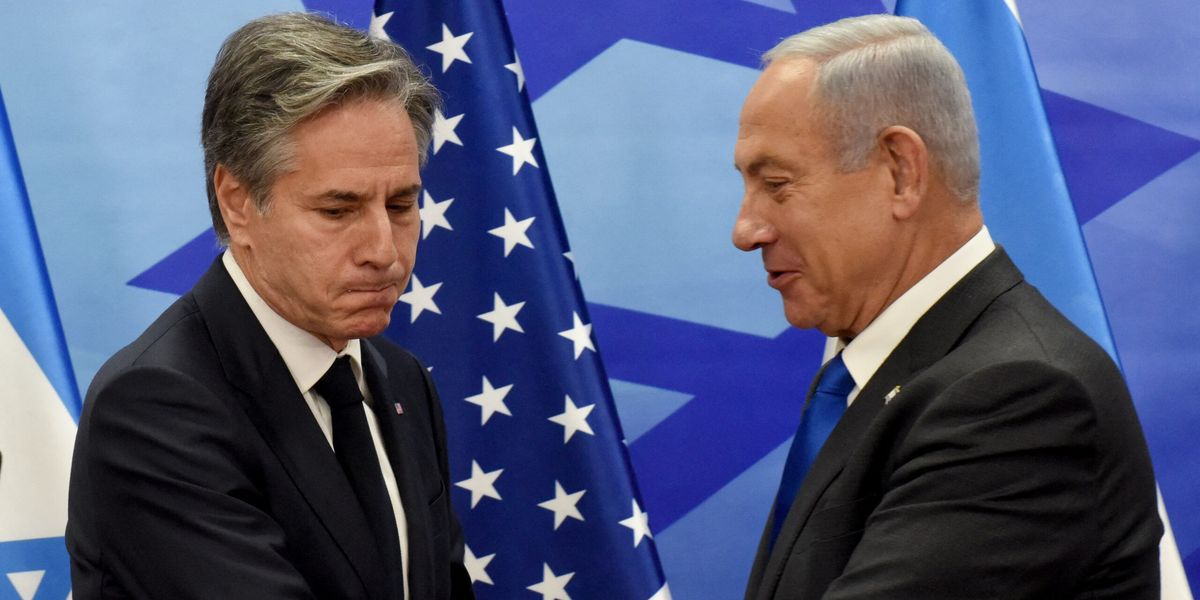
The Israeli Defense Forces (IDF) released a statement confirming that the airstrikes had targeted multiple military sites, including key nuclear infrastructure across Iran.
The IDF noted that these actions were preemptive in nature, aimed at preventing Iran from advancing further in its nuclear ambitions. The statement read, "Today, Iran is closer than ever to obtaining a nuclear weapon. Weapons of mass destruction in the hands of the Iranian regime are an existential threat to the State of Israel and to the wider world."
In Israel’s view, the threat posed by Iran’s nuclear program is so severe that the country has no choice but to act unilaterally to safeguard its security.
"The State of Israel has no choice but to fulfill the obligation to act in defense of its citizens and will continue to do so everywhere it is required to do so, as we have done in the past," the IDF statement concluded.
The Israeli airstrikes, however, have raised serious questions about the future of nuclear negotiations between the U.S. and Iran. Despite the close partnership between the U.S. and Israel, the Trump administration had been cautious about military interventions in the region.
With tensions rising, it is unclear how the Israeli attack will impact the delicate diplomatic negotiations underway.
The Trump administration has been keen to downsize its footprint in the Middle East, with recent announcements of U.S. military drawdowns in Iraq and across northeast Africa.
In addition, Defense Secretary Pete Hegseth has ordered the evacuation of military dependents from various regions, including the Middle East and parts of South and Central Asia.
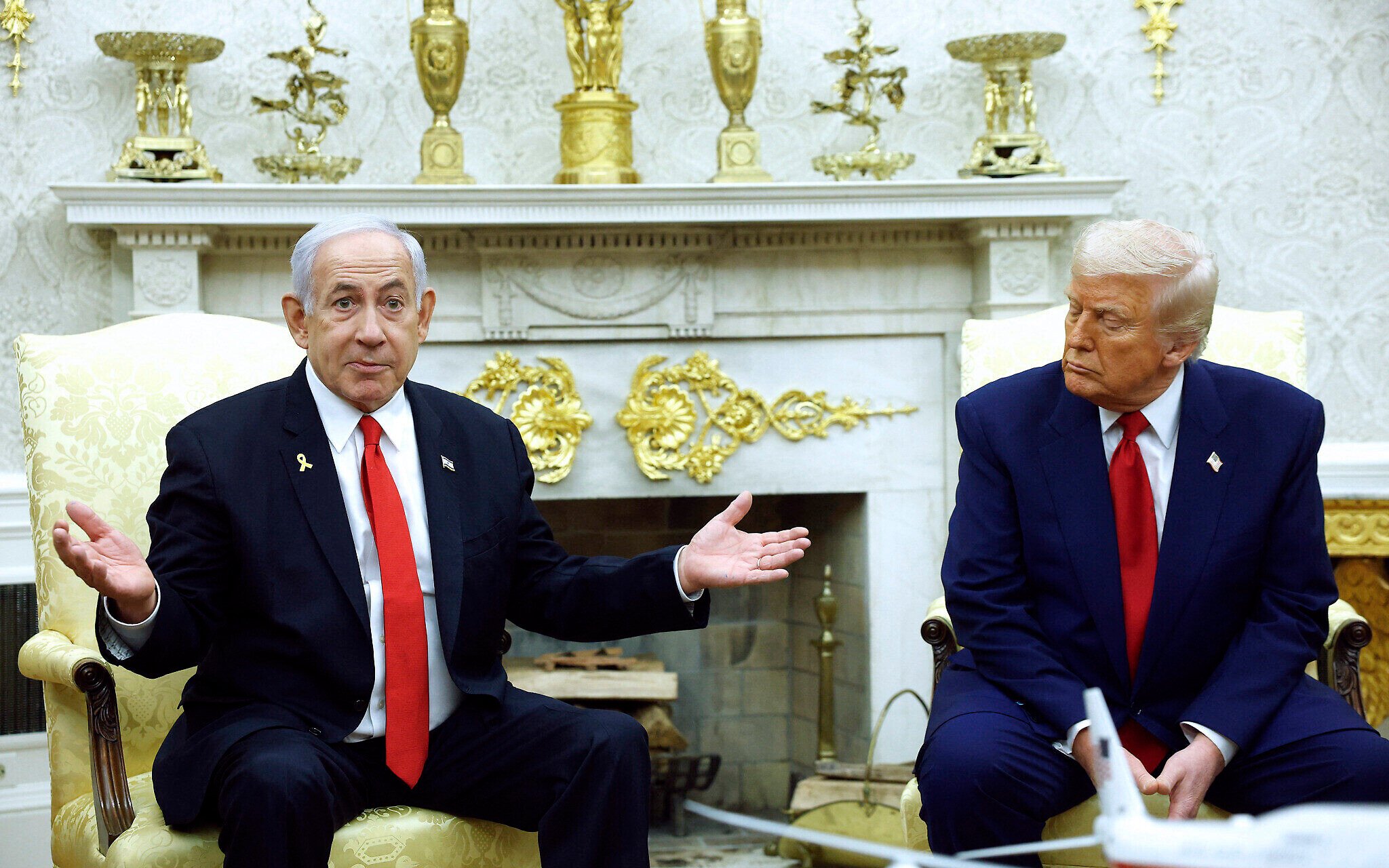
These moves reflect the Trump administration’s desire to reduce the American presence in the region, while still maintaining security and supporting key allies like Israel.
As the situation continues to evolve, it is clear that the Trump administration faces a difficult balancing act in the Middle East. While President Trump has been vocal in his support for Israel, he has also been focused on protecting U.S. interests and ensuring that any military action does not jeopardize broader geopolitical goals.
Rubio's statement that the U.S. was not involved in the strikes against Iran reinforces the idea that the administration is intent on managing these complex dynamics without getting drawn into direct conflict.
The situation in Iran remains fluid, with ongoing concerns about the country’s nuclear capabilities and the broader implications for global security. The U.S. will need to navigate these tensions carefully, balancing its alliance with Israel with its diplomatic efforts to contain Iran's nuclear ambitions.
At the same time, Trump’s administration must prioritize the safety of American forces in the region, ensuring that any actions taken do not further escalate tensions or endanger U.S. personnel.
While the U.S. may not have been involved in the recent Israeli airstrikes, the broader consequences of these actions remain to be seen. It is clear that the Trump administration’s approach to the Middle East is one of caution, with an emphasis on protecting American interests while also supporting allies like Israel in their efforts to secure their own national security.

Whether this strategy will be successful in the long term remains uncertain, but one thing is clear: the Trump administration is committed to ensuring the safety of American forces and maintaining a strong, strategic presence in the Middle East.


